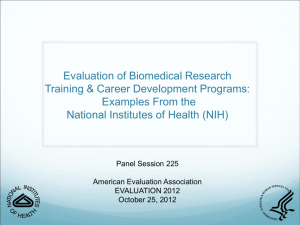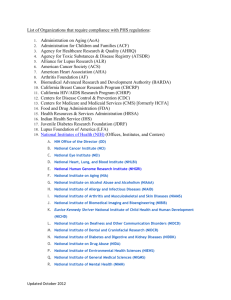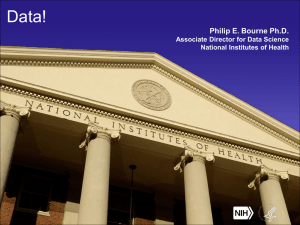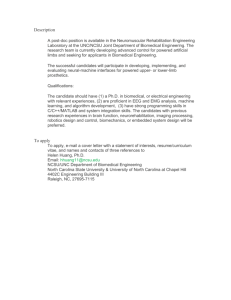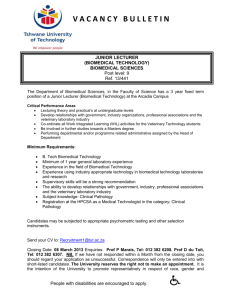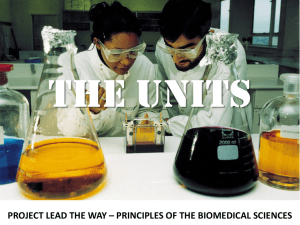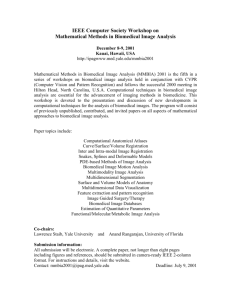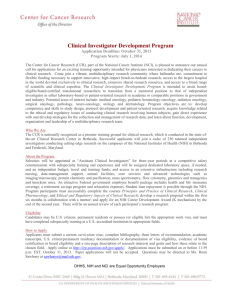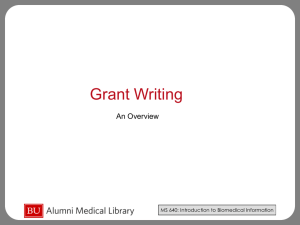On Benefits of SEPA Program - American Physiological Society
advertisement
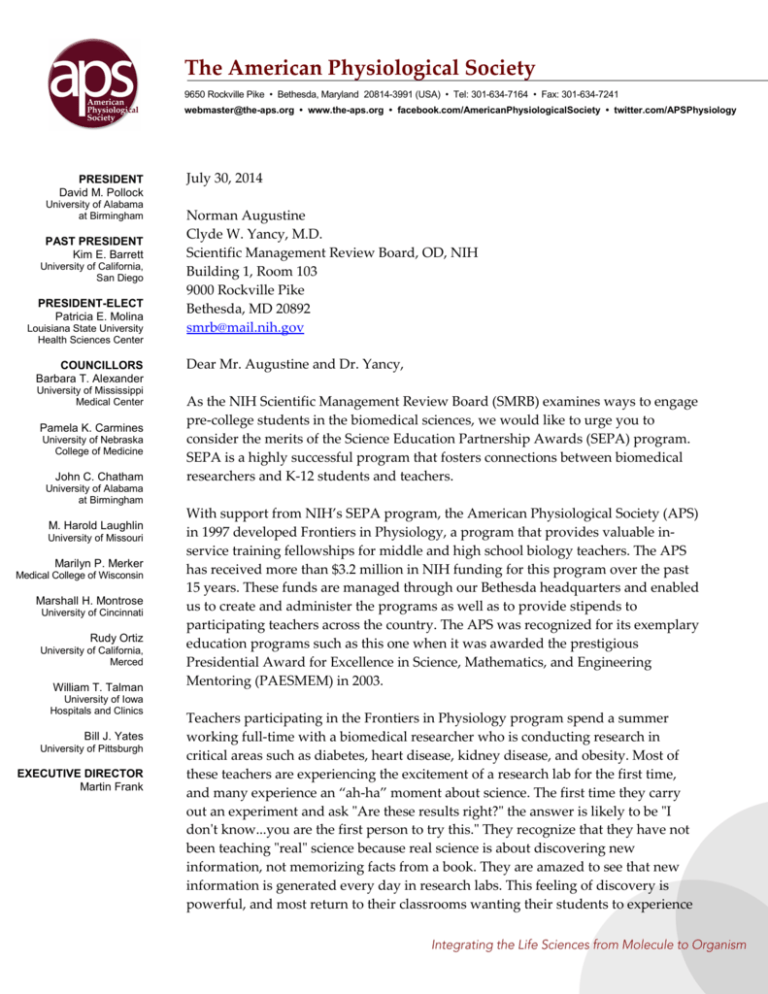
The American Physiological Society 9650 Rockville Pike • Bethesda, Maryland 20814-3991 (USA) • Tel: 301-634-7164 • Fax: 301-634-7241 webmaster@the-aps.org • www.the-aps.org • facebook.com/AmericanPhysiologicalSociety • twitter.com/APSPhysiology PRESIDENT David M. Pollock University of Alabama at Birmingham PAST PRESIDENT Kim E. Barrett University of California, San Diego PRESIDENT-ELECT Patricia E. Molina Louisiana State University Health Sciences Center COUNCILLORS Barbara T. Alexander University of Mississippi Medical Center Pamela K. Carmines University of Nebraska College of Medicine John C. Chatham University of Alabama at Birmingham M. Harold Laughlin University of Missouri Marilyn P. Merker Medical College of Wisconsin Marshall H. Montrose University of Cincinnati Rudy Ortiz University of California, Merced William T. Talman University of Iowa Hospitals and Clinics Bill J. Yates University of Pittsburgh EXECUTIVE DIRECTOR Martin Frank July 30, 2014 Norman Augustine Clyde W. Yancy, M.D. Scientific Management Review Board, OD, NIH Building 1, Room 103 9000 Rockville Pike Bethesda, MD 20892 smrb@mail.nih.gov Dear Mr. Augustine and Dr. Yancy, As the NIH Scientific Management Review Board (SMRB) examines ways to engage pre-college students in the biomedical sciences, we would like to urge you to consider the merits of the Science Education Partnership Awards (SEPA) program. SEPA is a highly successful program that fosters connections between biomedical researchers and K-12 students and teachers. With support from NIH’s SEPA program, the American Physiological Society (APS) in 1997 developed Frontiers in Physiology, a program that provides valuable inservice training fellowships for middle and high school biology teachers. The APS has received more than $3.2 million in NIH funding for this program over the past 15 years. These funds are managed through our Bethesda headquarters and enabled us to create and administer the programs as well as to provide stipends to participating teachers across the country. The APS was recognized for its exemplary education programs such as this one when it was awarded the prestigious Presidential Award for Excellence in Science, Mathematics, and Engineering Mentoring (PAESMEM) in 2003. Teachers participating in the Frontiers in Physiology program spend a summer working full-time with a biomedical researcher who is conducting research in critical areas such as diabetes, heart disease, kidney disease, and obesity. Most of these teachers are experiencing the excitement of a research lab for the first time, and many experience an “ah-ha” moment about science. The first time they carry out an experiment and ask "Are these results right?" the answer is likely to be "I don't know...you are the first person to try this." They recognize that they have not been teaching "real" science because real science is about discovering new information, not memorizing facts from a book. They are amazed to see that new information is generated every day in research labs. This feeling of discovery is powerful, and most return to their classrooms wanting their students to experience science this way and to understand how biomedical research makes new discoveries Frontiers teachers also participate in intensive professional development for an entire year, learning how to share their research experience with their students. This includes the use of student-centered and inquiry-based learning and up-to-date science content, which is recommended by the Next Generation Science Standards, relying upon a broad base of current research on effective teaching and learning. The teachers use their new understandings of what biomedical researchers do to become both advocates and information sources for their students, encouraging them to pursue science careers and to understand why biomedical research is important to human and animal health. The APS SEPA program is one of many that have strong impacts on disadvantaged students and underrepresented minorities. On average 25-40% of the teachers in our program are either underrepresented minorities themselves or teach in schools where the student body is primarily comprised of underrepresented minority or disadvantaged students. Right now NIH has made it a priority to increase the diversity of the biomedical workforce. This requires reaching students at early levels so they can learn about careers in biomedical research, meet scientists who can serve as role models and mentors, and build the skills that will help them succeed in STEM careers. Over the past 23 years, the Frontiers in Physiology program has engaged 446 teachers in 45 states. These teachers have worked with more than 300,000 middle and high school students nationwide following their fellowships. The President’s fiscal year (FY) 2014 budget proposed eliminating the SEPA program as part of the consolidation of STEM education programs across the federal government. Ending SEPA would eliminate a prime opportunity for K-12 students and teachers to meet and work with biomedical researchers. No other federal STEM program addresses biomedicine or provides this kind of outreach concerning what NIH does to promote the health of our citizens. Although new programs would be developed at the Department of Education, we are very concerned about losing the expert management and strong connections to the biomedical research community that already exist at the NIH. We hope you will consider how the SEPA program already plays an important role in engaging precollege students and recommend its continued inclusion in the NIH portfolio. Sincerely, David M. Pollock, Ph.D. President
